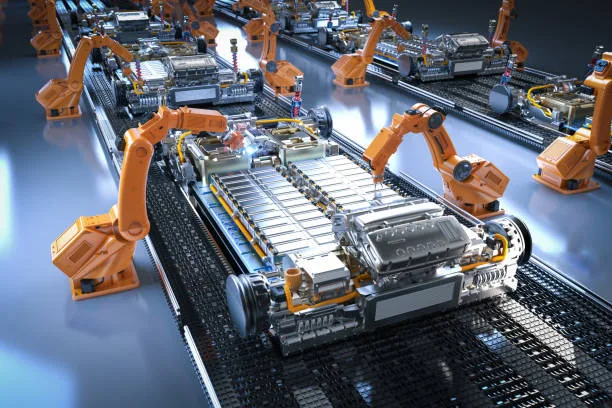JSW Group, which recently acquired a 35% stake in MG Motor India, aims to expand its cell and battery manufacturing capacity at a proposed facility to 50 GWh between 2028 and 2030, according to sources familiar with the plans.
The company’s manufacturing initiative will be implemented in phases, starting with a target of 10 GWh by 2026, followed by an expansion to 50 GWh in subsequent phases.
In February, JSW Group signed a memorandum of understanding (MoU) with the Odisha government to establish an electric vehicle and battery manufacturing project in Cuttack and Paradip, involving an investment of Rs 40,000 crore.
The battery cell production will primarily support the group’s own electric vehicle operations and other energy storage programs. JSW Group operates an electric vehicle subsidiary, JSW Green Mobility, and a battery storage systems subsidiary, JSW BSS.
Additionally, JSW Group is reportedly in discussions with major battery manufacturers to form technology partnerships in cell and battery production.
India is currently in the early stages of lithium-ion battery manufacturing, which is critical for electric vehicles and renewable energy storage. The country relies heavily on imports from China, Japan, and South Korea for these batteries.
India’s battery manufacturing capacity is anticipated to reach between 110 GWh and 150 GWh by the end of this decade. The Indian government has introduced a Rs 18,100-crore production-linked incentive (PLI) scheme aimed at establishing advanced chemistry cell (ACC) manufacturing facilities, targeting a 50 GWh capacity.
The development of domestic battery manufacturing is expected to enhance electric vehicle adoption and localize the supply chain. Battery costs typically account for approximately 40% of an electric vehicle’s price, and high acquisition costs are considered a significant barrier to electric vehicle adoption in the country.
JSW Neo Energy, the renewable energy subsidiary of JSW Group, was among seven companies that bid for a 10 GWh capacity under the government’s PLI scheme for advanced chemistry cells; however, this capacity was awarded to Reliance Industries Ltd.
In addition to JSW Group, several other companies, including Ola Electric, Reliance Industries, Amara Raja, Exide Industries, GODI India, and Rajesh Exports, are also establishing gigafactories for battery cell production in India.
Read More at Linkedin
Reliance Industries’ battery gigafactory is expected to commence operations in the second half of 2025, with an annual capacity of 30 GWh. Initially, the plant will focus on assembling battery systems and packs, with plans to expand into cell manufacturing and chemical production.


Leave a Reply